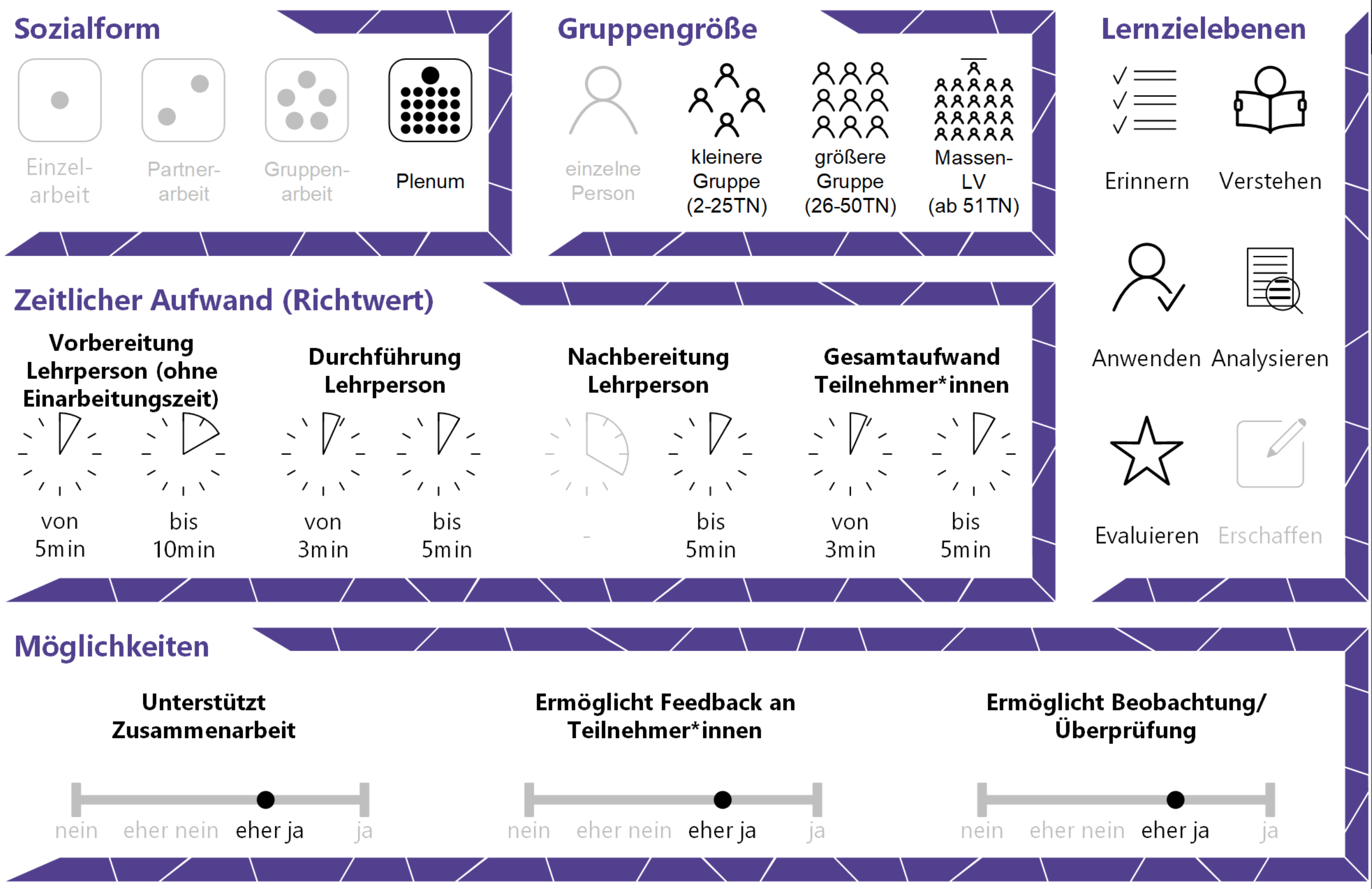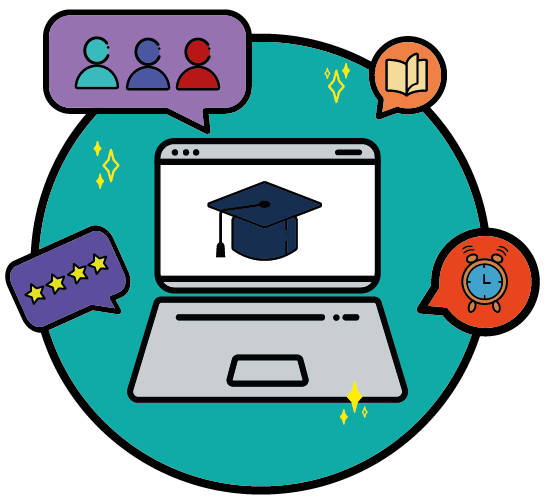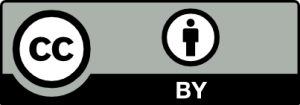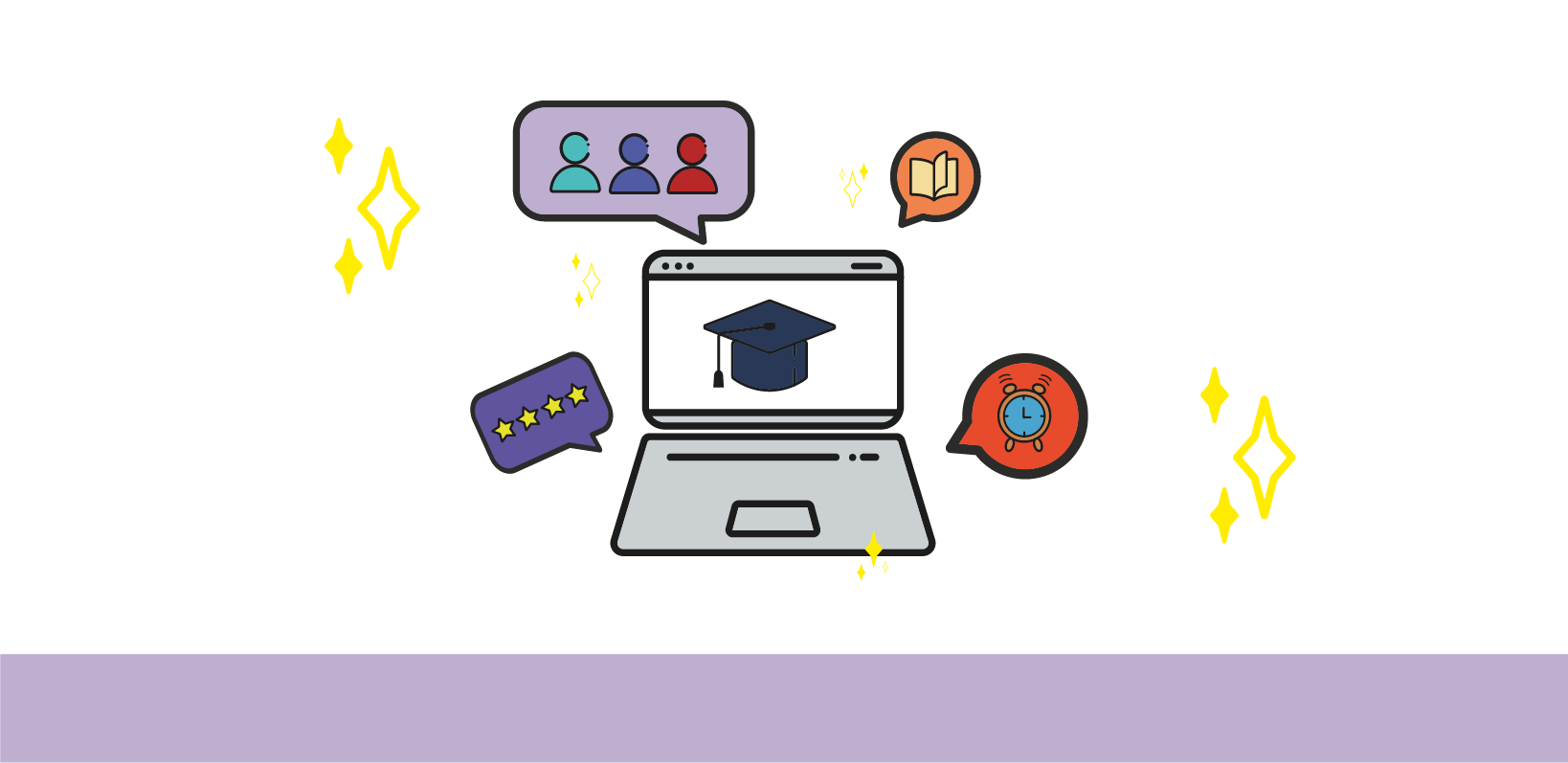#08 - eCampus
New resource for e-learning methods and instructions
Starting in April 2021, the eCampus offers you over 50 (media-) didactic methods, manuals and examples for your digital teaching on a dedicated online platform. The content is freely available, openly licensed and explained in a user-oriented manner. As of April 2021, the eCampus is available in German only.
What is the eCampus?
The Campus is an eService that offers university teachers a variety of manuals and use cases for their technology-enhanced teaching. The content ranges from the creation and use of videos, efficient digital feedback and e-exams to entire teaching concepts such as blended learning, flipped classroom or problem-based learning. Currently, more than 50 such use cases from six categories are available (as of 04/2021):
- Manage the course
- Create teaching and learning materials
- Conduct face-to-face teaching
- Conduct online teaching
- Performance assessment and feedback
- Technology-enhanced teaching concepts
The use cases were developed by a team of media didactic experts within the framework of a project funded by the Province of Styria, FH CAMPUS 02, Graz University of Technology and the University of Graz. They are oriented towards the needs of teachers in higher education. The focus of the use cases is on (media-)didactic methods and tips, but they also offer specific tool tips and examples inspired by and for practice.

All contents of the eCampus are licensed under a CC-BY license and can be (re-)used as open educational resources (OER).
Easy access to the eCampus
The eCampus is currently freely available to all teachers at the nine Styrian universities. This means that teachers can simply log in with the login details of their university and get immediate access to all use cases.
In addition, this also gives you access to the discussion forums for each use case, the glossary and the feedback tool of the eCampus.
Structure of the use cases
For easy navigation, all use cases can be filtered according to certain key parameters such as social form (individual work, group work, etc.), group size (small group, mass course, etc.) or estimated time required (for teachers and students). Together with the short description, the key parameters also provide an overview of the content of the use case.

(as of April 2021, the eCampus is available in German only) CC BY 4.0 Styrian University Conference
If the selected use case is of interest to you, you can access the extensive full text, which includes the following contents:
- Reasons for use
- Technical infrastructure / recommendations
- Role of the teacher
- Possible applications / methods
- Time required
- Tips for implementation
- Advantages / challenges
- Influence on learning outcomes and motivation
- Legal aspects
- Possible tools for implementation
- Examples of use

You can find out more
about me in the FAQ.
In this way, each use case offers a complete description of the chosen (media-) didactic method or concept. However, if any questions remain unanswered, further reading and detailed references are available as a starting point for further research.

You can also download all use cases as (accessible) Word files or PDF files to save them locally or print them.
Advantages and benefits of the eCampus
On the eCampus, you can find instructions and examples on many issues relevant to digital teaching in one place. The spectrum ranges from the conception of a media- supported course at the beginning of the semester to the creation of (interactive) digital teaching materials and teaching in presence or online, to digital examinations and feedback. The use cases can thus accompany an entire semester in a facilitating manner.

Basic media-didactic principles such as Open Educational Resources (OER), digital accessibility or gamification have also found their way into the eCampus.
In addition, you can exchange ideas with other teachers on the platform and report on your own (teaching) experiences. Should you be missing an innovative teaching method in connection with online teaching that you like using yourself, it is also possible to write your own use case and and submit it on the platform to share it with others. The eCampus is not a static platform, but it aims to grow and evolve.

The eCampus team is happy to answer your questions. You are also welcome to contact the OU Educational Technology.
Licensed under a Creative-Commons-Attribution CC BY 4.0 International
 Nadine Linschinger & Simone Adams
Nadine Linschinger & Simone Adams
